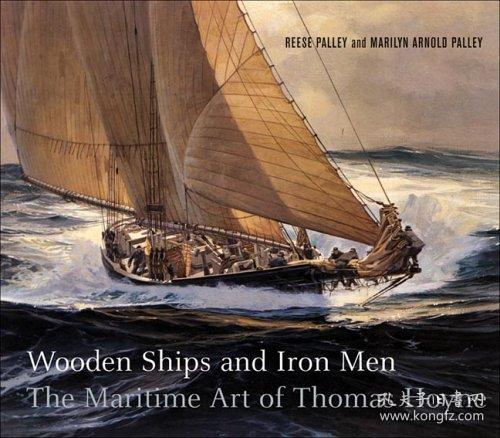Content:
Introduction: Fishing is an age-old activity that has been cherished by people of all ages. It is a hobby that offers relaxation, a connection with nature, and the thrill of catching fish. For young anglers, learning the basics of fishing can be both exciting and challenging. In this article, we will discuss some valuable tips and techniques to help young anglers improve their fishing skills.
Choose the Right Equipment: Before diving into the world of fishing, it is essential to have the right equipment. For beginners, a basic rod and reel set, along with some basic fishing line, hooks, and sinkers, should suffice. As you progress, you can invest in more specialized gear. Remember to choose equipment that is appropriate for your age and strength.
Learn the Basics of Casting: Casting is one of the fundamental skills in fishing. It involves throwing your lure or bait into the water with precision. To improve your casting technique, practice casting in a wide, open area. Focus on maintaining a consistent casting motion and aim for accuracy. As you become more comfortable, try casting in different directions and distances.
Understand Fish Behavior: To become a successful angler, it is crucial to understand the behavior of the fish you are targeting. Research the species you are interested in, including their preferred habitats, feeding patterns, and migration habits. This knowledge will help you determine the best techniques and baits to use.
Develop a Nurturing Approach: Fishing is not just about catching fish; it is also about nurturing a relationship with nature. Treat fish with respect and follow ethical fishing practices. Release fish that are not of legal size or are not of interest, and always practice catch-and-release if possible. This approach ensures the sustainability of fish populations for future generations.
Learn from Experienced Anglers: One of the best ways to improve your fishing skills is to learn from experienced anglers. Seek out mentors or join fishing clubs where you can gain valuable insights and advice. Attend fishing workshops or clinics to learn advanced techniques and strategies.
Master the Art of Baiting: Choosing the right bait is crucial for attracting fish. For beginners, natural baits like worms, minnows, or insects are often effective. Experiment with different baits and observe which ones work best in your fishing environment. Additionally, learn how to rig your bait properly to increase your chances of success.
Pay Attention to Weather and Tides: Weather and tides play a significant role in fish behavior. Understanding these factors can help you determine the best times to fish. Study the local weather patterns and tidal charts to plan your fishing trips accordingly. Fish are more active during certain weather conditions and at specific times of the day.

Develop Patience and Persistence: Fishing requires patience and persistence. Do not get discouraged if you do not catch fish immediately. Fish may be difficult to locate or may not be biting at that moment. Stay focused and continue to apply the techniques you have learned. Remember, the thrill of catching a fish is often worth the wait.
Practice Knot Tying: Learning how to tie knots is essential for any angler. Practice tying different knots, such as the improved clinch knot, Palomar knot, and uni knot. These knots are reliable and will help you secure your lure or bait effectively. Having a good knot-tying technique is crucial for avoiding line breaks and lost fish.
Keep Your Equipment Clean and Maintained: Regularly clean and maintain your fishing equipment to ensure its longevity and performance. Rinse your rods, reels, and lures with fresh water after each use. Apply lubricant to moving parts and inspect your equipment for any signs of wear or damage. Proper maintenance will help you avoid costly repairs and ensure a smooth fishing experience.
Conclusion: Learning fishing techniques can be a rewarding journey for young anglers. By following these tips and techniques, you can improve your skills and enjoy the many benefits of fishing. Remember to respect nature, practice ethical fishing, and always seek opportunities to learn from experienced anglers. Happy fishing!












